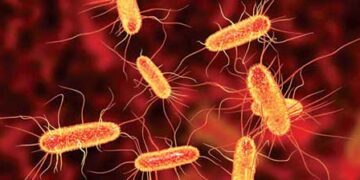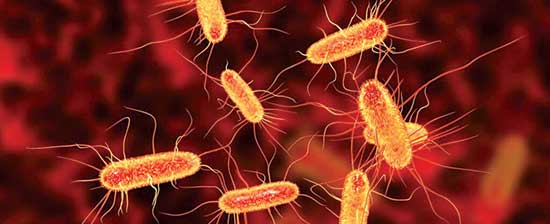Team Blitz India
THE UK Health Security Agency (UKHSA) is working with partners to investigate a Shiga toxin-producing E coli (STEC) outbreak. E coli bacteria are a diverse group of bacteria that normally live in the intestines of humans and animals.
Most varieties of these are harmless, but some produce toxins that affect humans and cause diarrhoea. The Shiga toxin-producing E coli (STEC) is such a variety. STEC infections are most often diagnosed through laboratory testing of stool specimens.
19 cases
As of June 25, there have been a further 19 cases associated with the recent outbreak of STEC O145 since a week ago, bringing the total number of confirmed cases to 275 in the UK, confirmed an UKHSA press release earlier. Based on information from 249 cases till June 25, 49% were admitted to hospital, it added.
Through surveillance, the UKHSA identified two individuals in England who died within 28 days of infection with the STEC outbreak strain. Based on the information available from health service clinicians one of these deaths is likely linked to their STEC infection. Both individuals had underlying medical conditions. The deaths occurred in May.
People become infected with STEC when they eat any product contaminated with the bacteria. Contamination may occur during the slaughtering process of infected animals, where the strain is present in its intestines. Human infection most typically occurs by eating contaminated food, particularly raw or undercooked meat.
Contaminated food
Apart from meat, infection can also occur after eating any product contaminated with STEC, including lettuce, alfalfa sprouts, raw (unpasteurised) milk, juice, etc. Infected people can spread E coli to other people if they do not wash their hands properly after using the toilet.
















